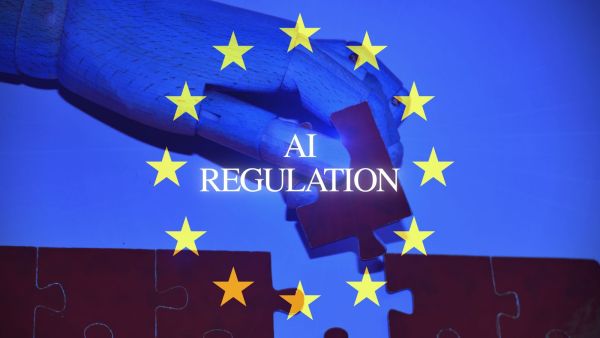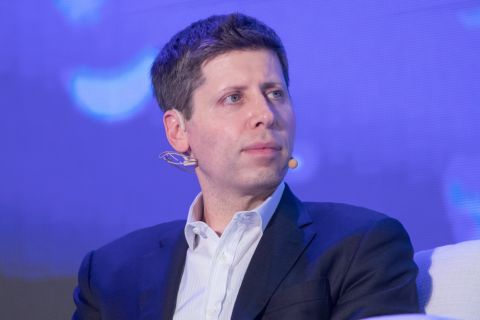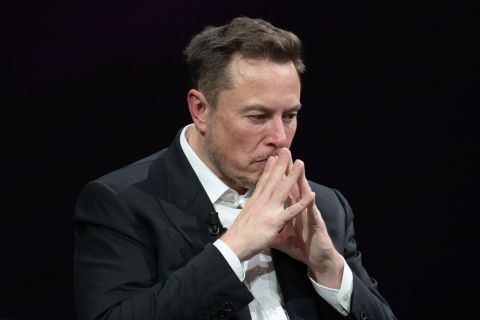ALBAWABA – The European Union (EU) is close to taking the lead on Artificial Intelligence (AI) governance as Germany, France and Italy have come to an agreement on future EU AI regulation, according to a Reuters exclusive report published Saturday.
A joint paper with the Eurozone’s top three economies, seen by Reuters, will likely expedite negotiations at the European level in regards to developing a specific EU AI regulation.
So far, the paper highlighted that all three governments are in favour of binding voluntary commitments for both large and small AI service provides within the EU.
The European Commission, the European Parliament and the EU Council are currently negotiating how the bloc should position itself in this new field, according to Reuters.

Top Eurozone economies agree on future EU AI regulation that covers small European and major US AI companies, such as ChatGPT provider, OpenAI - Shutterstock
Earlier this year, China made some significant strides on the AI regulation front. So much so that tech billionaire Elon Musk predicted China to be the first country to regulate AI.
However, the European Parliament presented an "AI Act" in June. The aim of the act is to avoid discriminatory effects and avert safety risks from AI applications, without slowing down the tech’s innovative power.
During the discussions, the European Parliament proposed that the code of conduct should initially only be binding for major AI providers, who happen to be primarily from the United States. But the three EU governments have warned against this apparent competitive advantage for smaller European providers. This could lead to less trust in the security of these smaller providers and therefore fewer customers, they said.
The rules of conduct and transparency should therefore be binding for everyone, they added. Initially, no sanctions should be imposed, according to the paper.
Nonetheless, if violations of the code of conduct are identified after a certain period of time, a system of sanctions could be set up, Reuters reported.
In the future, a European authority would monitor compliance with the standards, the paper said.









